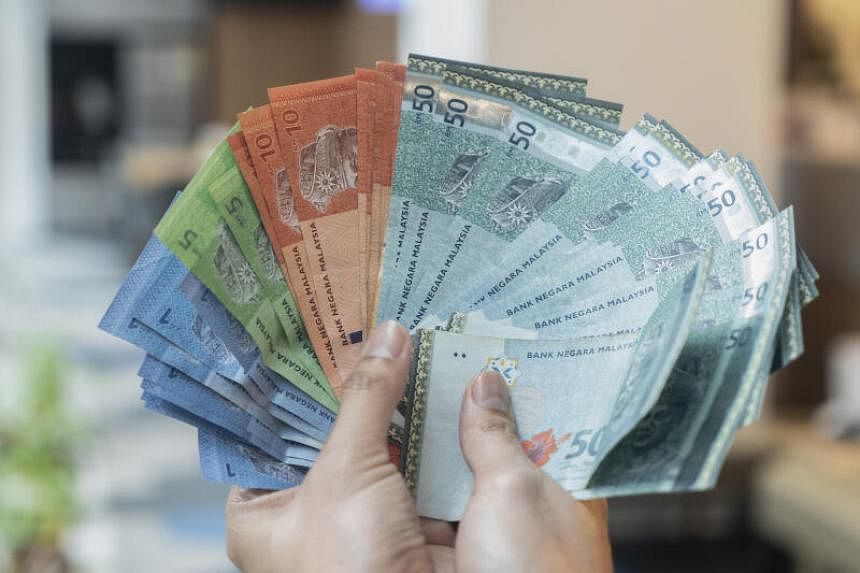Malaysia: Currency, Stock Volatile As Vote Ends In Hung Parliament

The Facts
Malaysia's stock market and ringgit currency plunged in early trade on Monday, after the nation elected a hung parliament for the first time in its history over the weekend.
The benchmark Kuala Lumpur Composite Index fell by up to 1.5%, while the ringgit dropped almost 0.8% against the US dollar before recovering following Sultan Abdullah Ahmad Shah's decision to grant rival party leaders a one-day extension to form a new government.
The Spin
Narrative A
All coalitions are market-friendly and significant political unrest is unlikely to occur in Malaysia. However, this electoral uncertainty will inevitably create economic turbulence, continuing to affect the ringgit and stock market ahead of what economists anticipate will be a difficult year. To make things worse, the next government may prioritize implementing populist policies to stay in power following an inevitably gloomy term.
Narrative B
A hung parliament should be no surprise as rotation governments have, more recently, become commonplace. Volatility may indeed see investors get nervous in the short-term until a new government is finally formed, but Malaysia's economy is strong, and fiscal consolidation will remain a top priority in the country.